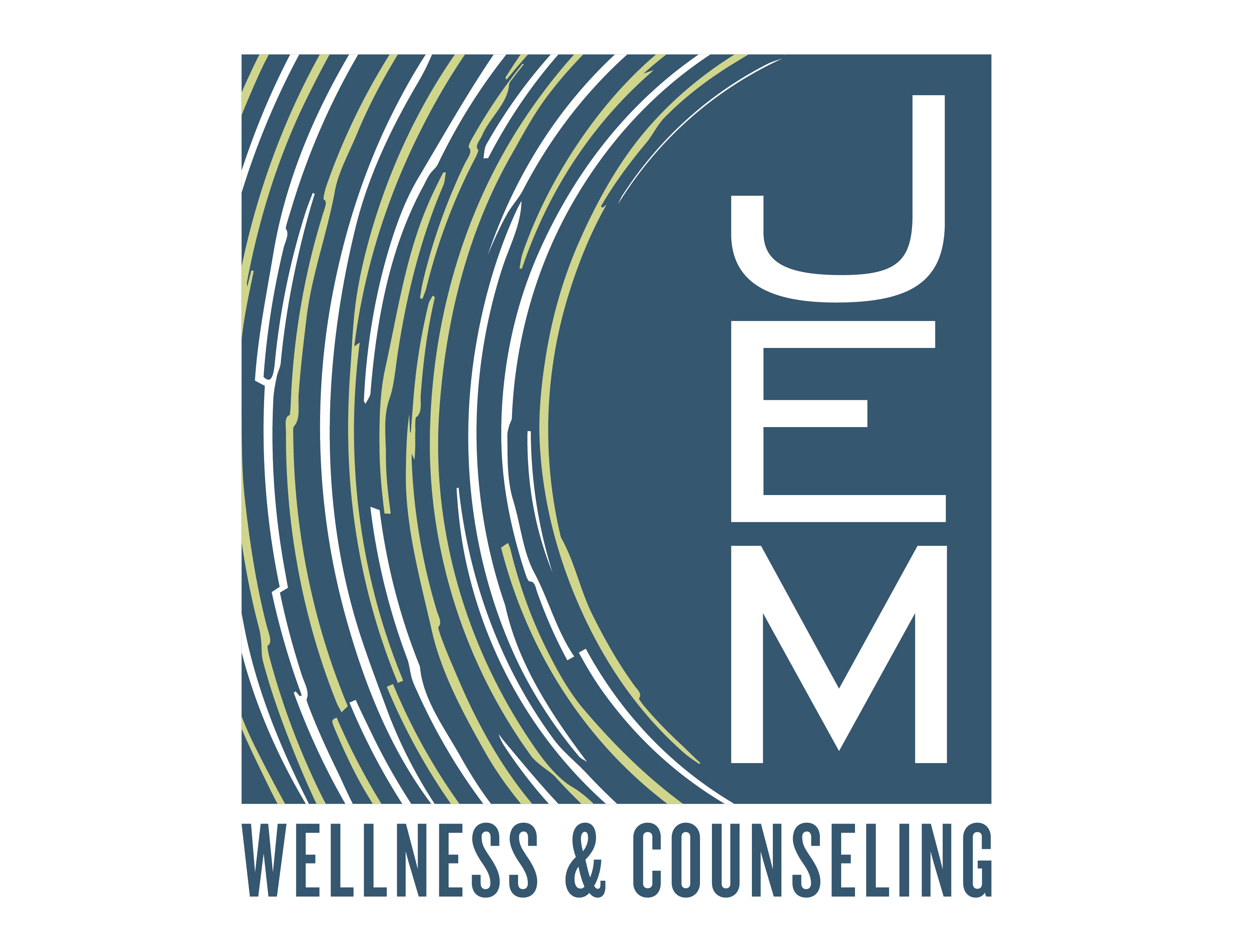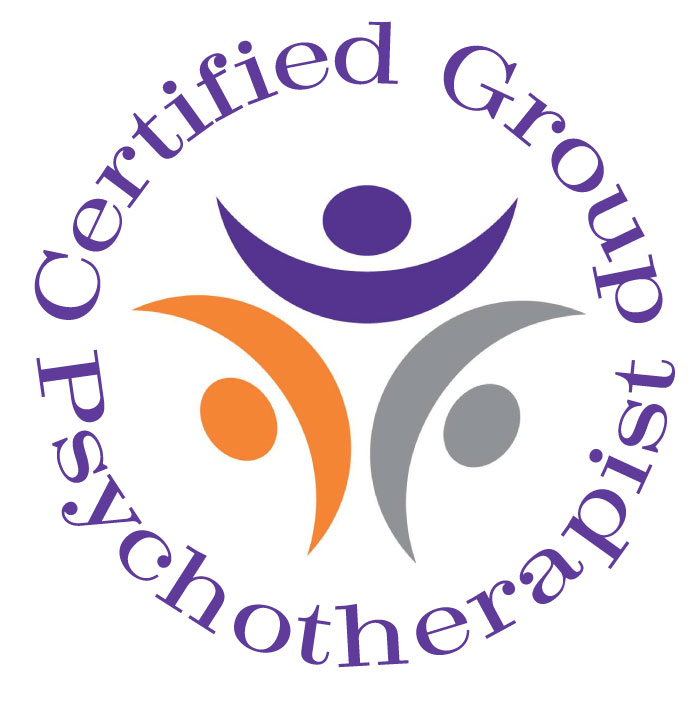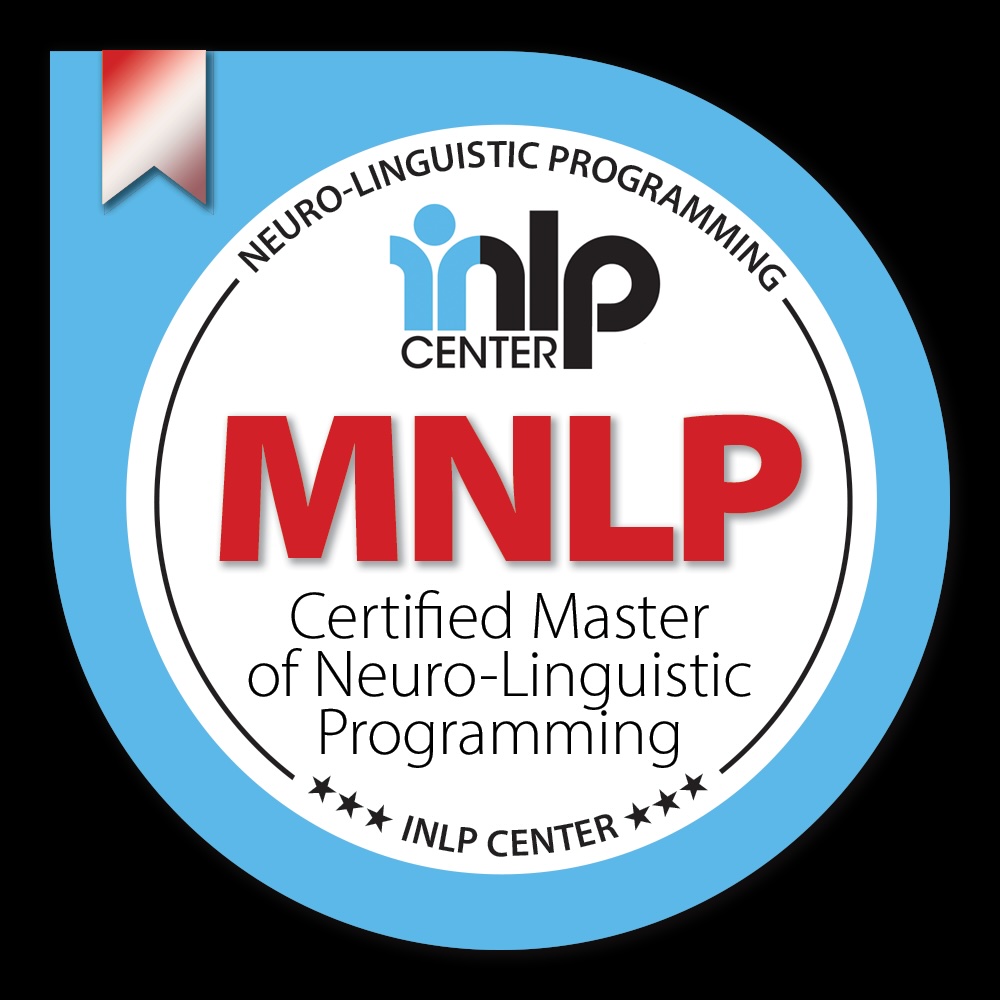In a world that constantly demands our attention, deep self-care often takes a backseat. We’re familiar with surface-level self-care—taking a bubble bath, enjoying a good book, or engaging in a favorite activity. While these activities certainly have their place in promoting relaxation and well-being, deep self-care is about nourishing your mind, body, and soul in ways that create long-lasting positive change. It’s a more profound, intentional practice that addresses your needs holistically and supports personal growth. But how do you truly engage in deep self-care? Let’s explore.
- Practice Emotional Awareness
Self-care begins with self-awareness. Emotional awareness involves tuning into your feelings and understanding their roots. Often, we rush through our emotions or push them aside to keep moving forward. But to practice deep self-care, you must allow yourself to feel, process, and understand your emotions.
How to Start:
- Set aside time each day to check in with yourself. Ask questions like: “How am I feeling/what am I thinking about today?” “Am I feeling any tension/tightness in my body?”
- Practice writing your thoughts and feelings down to begin noticing what you are feeling and thinking about often. Writing can be a powerful tool for self-reflection.
- Confide in a trusted friend or work with a therapist who can offer perspective and support for any thoughts or feelings that keep you stuck or may cause you to feel negatively about yourself or your life.
- Cultivate a Growth Mindset
A growth mindset goes hand in hand with emotional health. The way you see yourself and the world around you can significantly impact your overall well-being. Deep self-care involves becoming aware of and learning how to challenge the shaming or negative thought patterns that don’t benefit you and replace them with more compassionate and realistic perspectives.
How to Start:
- Allow yourself to “hear” when you are engaging in self-shaming thoughts or behaviors – just notice it, and write down these messages in your journal.
- Work on developing self-compassion. Challenge the inner critic delivering these shaming or unkind messages reframing them into more compassionate yet no less honest messages – by just as you would to a friend.
- As you continue to notice the negative messages, begin to replace them with the kinder, more helpful messages. This is a growth mindset!
- Prioritize Rest and Recovery
In our hustle-driven culture, rest is often seen as a luxury, not a necessity. But true self-care requires giving your body and mind the rest they deserve. This doesn’t just mean getting a good night’s sleep—it also means taking breaks when needed and honoring your body’s signals for rest.
How to Start:
- Ensure you’re getting enough sleep, ideally 7-9 hours per night. Quality sleep is crucial for both physical and mental recovery.
- Create a bedtime routine that helps signal your body that it’s time to wind down—avoid screens, drink calming tea, or do some gentle stretches. Remember- “A good day starts the night before!”
- Honor your energy levels during the day. If you’re feeling fatigued, take a break or engage in light activities that help recharge you, like sit outside, stretch on the floor, talk to a loved one.
- Nourish Your Body Holistically
Physical health is an integral part of deep self-care, but it goes beyond eating a balanced diet and exercising regularly. Nourishing your body involves listening to what it needs in the moment—whether that’s a nutrient-rich meal, physical movement, gentle rest, meditation or feeling the sun in your face or the wind in your hair!
How to Start:
- Choose foods that energize and nourish you and move your body in ways that feel good.
- Notice when your mind or emotions need a break and take a nap, a walk, look out the window, engage in meditation, go for a drive, or listen to gentle music.
- Pay attention to hydration. Water is a vital element for maintaining energy levels and promoting clear thinking.
- Create Boundaries That Protect Your Energy
Setting healthy boundaries is one of the most important acts of self-care. Boundaries protect your emotional, mental, and physical well-being by ensuring you don’t overextend yourself. They create space for your needs and prevent burnout. (Easier said than done, but SO worth it!)
How to Start:
- Identify areas in your life where you feel drained or overextended—whether in relationships, work, or social obligations.
- Practice saying “no” when something doesn’t align with your well-being or values.
- Communicate your boundaries with clarity and respect, whether it’s with coworkers, family members, or friends. It may be something they make need some time to get used to, so if you need to let them know this is something you are working on, that’s just the thing to do!
- Engage in Practices That Feed Your Soul
Soul care goes beyond physical and emotional needs—it speaks to the deeper part of you that seeks meaning, purpose, and connection. Engaging in practices that nourish your soul can offer a sense of fulfillment and inner peace, and may be different for everyone. Here are some ideas:
How to Start:
- Spend time in nature. Whether it’s a walk in the park or a hike in the woods, being outdoors can have a grounding effect.
- Explore your creative side. Engage in hobbies that allow for self-expression, like painting, writing, whittling, knitting, cooking or crafting.
- Connect with something greater than yourself, whether through spirituality, religion, or moments of deep contemplation.
- Nurture Meaningful Relationships
Human connection is essential for deep self-care. Cultivating relationships with people who uplift, support, and challenge you can have a transformative effect on your well-being. Deep self-care isn’t just about caring for yourself in isolation, but about ensuring that you’re surrounded by a community that nourishes you.
How to Start:
- Invest time in relationships that bring joy, laughter, and mutual support.
- Set aside time for social connection, even if it’s just a phone call or a coffee date with a trusted someone in your life.
- Let go of relationships that are toxic or draining. Surround yourself with people who align with your values and encourage your personal growth. A JEM Wellness clinician is here to support you in navigating this part of the journey to deep self-care. We know how challenging it can be when faced with acknowledging and facing toxic relationships, and there could be several ways to go forward.
- Engage in Meaningful Restorative Practices
Sometimes, deep self-care requires you to reset and reconnect with your sense of balance. Restorative practices like mindfulness, yoga, or even a digital detox allow you to step away from the chaos of life and rejuvenate from the inside out.
How to Start:
- Practice deep breathing exercises to calm your nervous system and reduce stress.
- Take breaks from social media or your devices to help reset your mental state and bring relief to any comparisons or FOMO you may be experiencing.
- Experiment with restorative yoga, get a massage or other bodywork that promotes relaxation and recovery.
Deep self-care isn’t a one-time event; it’s an ongoing practice that evolves with your needs. It’s about listening to your body, nurturing your mind, and feeding your spirit with intention and love. By engaging in deep self-care, you’re not just tending to your immediate needs, but creating a toolbox that will serve you longterm. Remember, you are worthy of the time, space, and energy it takes to care for yourself deeply—so please make it and yourself a priority.
-Melanie E. Flint, LCSW-S
How to Start
You may click on the “New Client Consultation” button, call, text or email us. We will respond to you within 24 hours to have a free 10-15 minute phone consultation. This will help us determine if we are the best fit to support you toward your goals. If we are, we will schedule your initial assessment and begin your wellness passage.




















